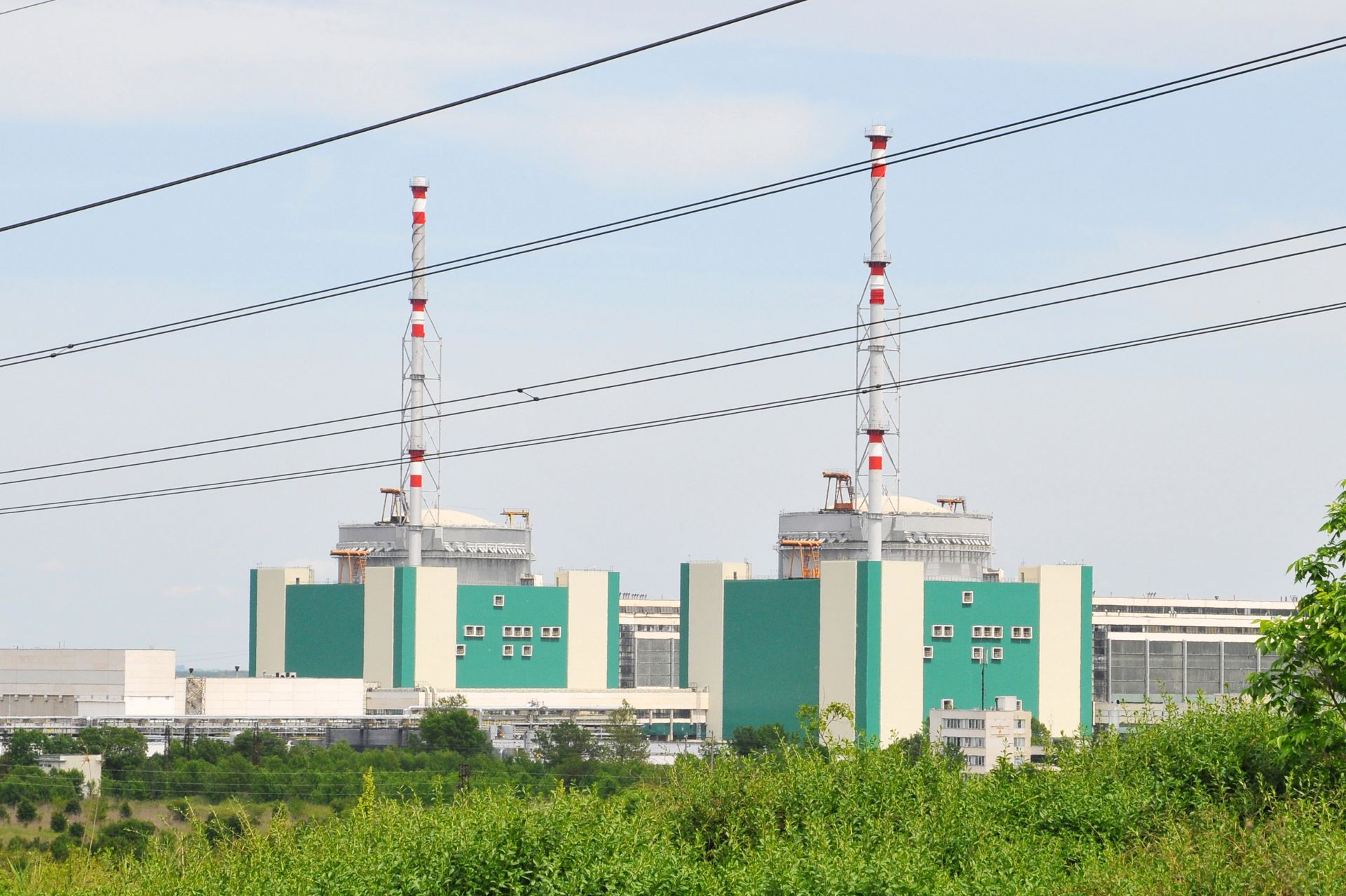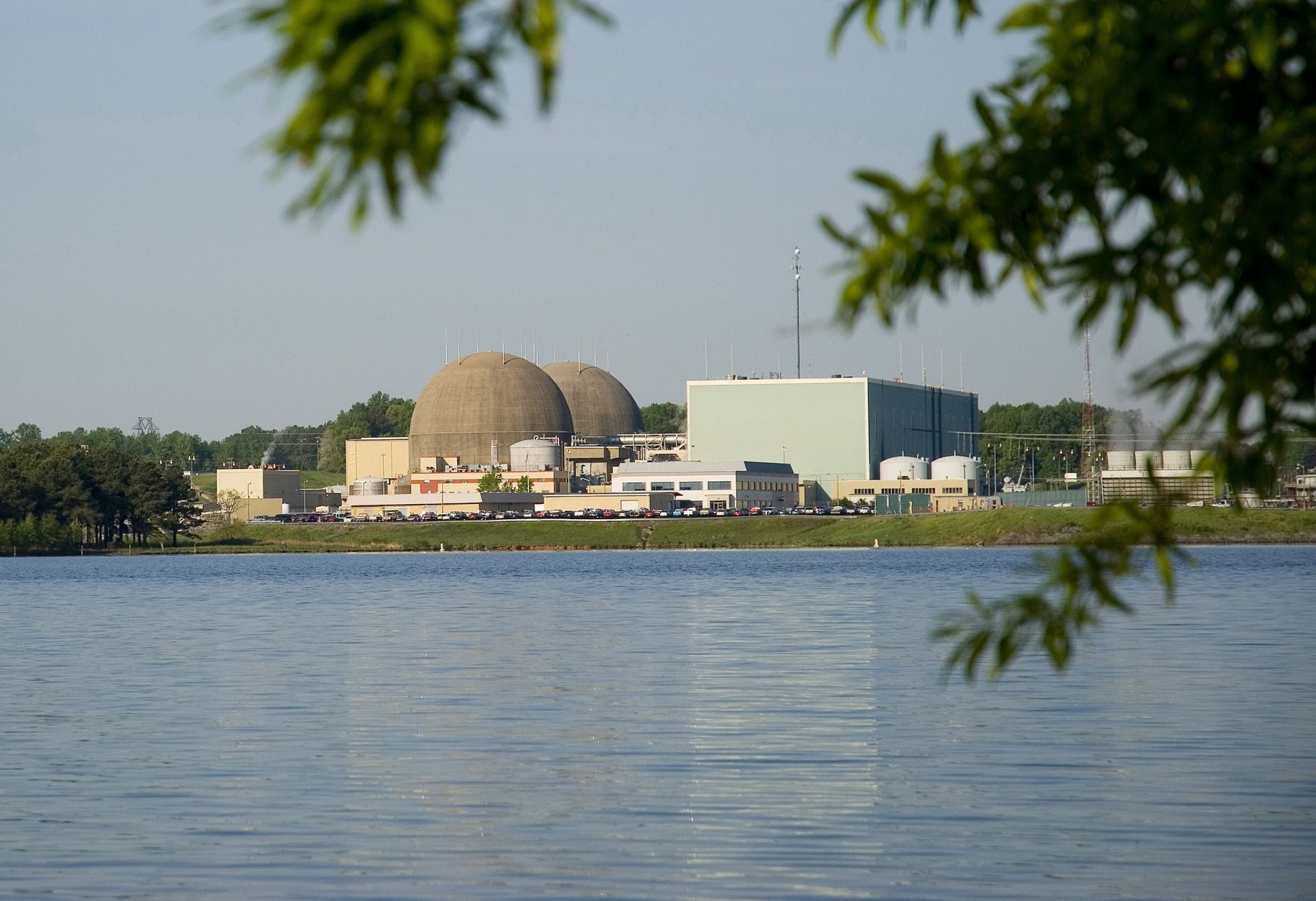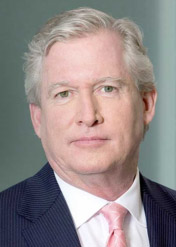Report finds uranium resources sufficient for foreseeable future
 Adequate uranium resources exist to support the long-term, sustainable use of nuclear energy for low-carbon electricity generation, as well as for other applications, including hydrogen production. That assessment is contained in the latest (28th) edition of Uranium—Resources, Production and Demand, a global, biennial reference prepared jointly by the OECD Nuclear Energy Agency and the International Atomic Energy Agency.
Adequate uranium resources exist to support the long-term, sustainable use of nuclear energy for low-carbon electricity generation, as well as for other applications, including hydrogen production. That assessment is contained in the latest (28th) edition of Uranium—Resources, Production and Demand, a global, biennial reference prepared jointly by the OECD Nuclear Energy Agency and the International Atomic Energy Agency.
The publication adds, however, that the impact of the COVID-19 pandemic and recent reductions in uranium production and exploration could affect available supplies, suggesting that timely investment in innovative mining and processing techniques would help assure that uranium resources are brought to market when needed.






 Chairman Kristine Svinicki announced today that she intends to leave the Nuclear Regulatory Commission on January 20. She issued
Chairman Kristine Svinicki announced today that she intends to leave the Nuclear Regulatory Commission on January 20. She issued  In 1970, a bit more than 50 years ago, then–ANS President Nunzio Palladino gave an evening lecture in Brussels to the newly formed Belgian local section of the American Nuclear Society. It was the seed for what would become the Belgian Nuclear Society, but the story starts even earlier than that.
In 1970, a bit more than 50 years ago, then–ANS President Nunzio Palladino gave an evening lecture in Brussels to the newly formed Belgian local section of the American Nuclear Society. It was the seed for what would become the Belgian Nuclear Society, but the story starts even earlier than that.



 Just released by a group called 18 for 0, the 47-page preliminary study
Just released by a group called 18 for 0, the 47-page preliminary study